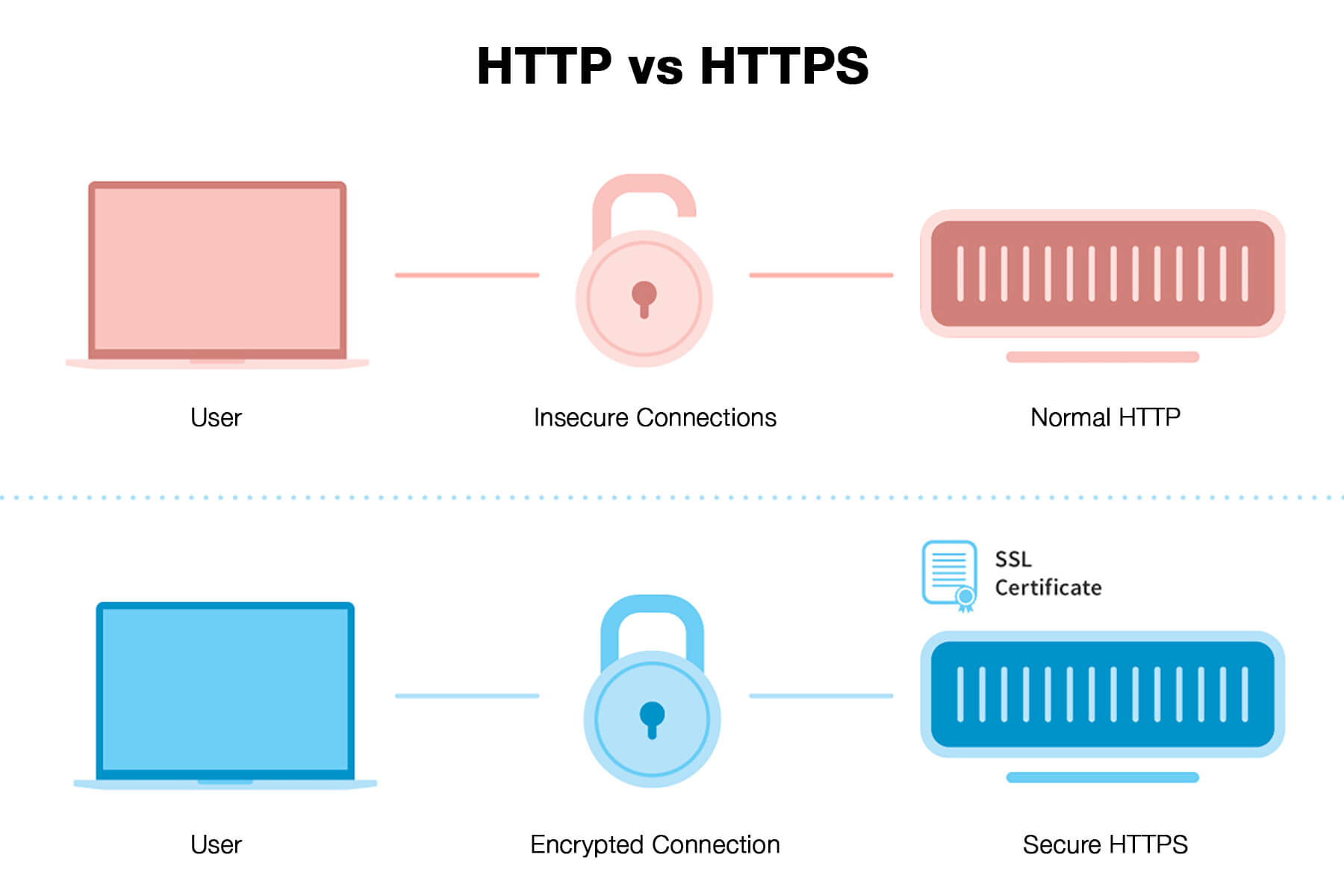We’ve all seen the memes and stories online of the hacker sitting in a coffee shop slurping up people’s bank information and email passwords. Some may brush this off as tall tails, while others swing the other way and become paranoid about it. We’re here to lend clarification to that narrative and arm you with the knowledge and tools to keep you as safe as possible while out and about in these modern times. Our goal at Tech Superpowers is to find solutions people can use and work with, not just make blanket technical statements. In the end, staying off public Wi-Fi isn’t practical or necessary to stay safe. Here are our top ways to protect yourself when using public Wi-Fi.

SSL is key
The connection between your computer and your bank’s website isn’t direct. There are many hops in between. These usually include (but certainly are not limited to), the hop to your router, from your router to your ISP (internet services provider), from your ISP hop to a major internet backbone, from the backbone to your bank’s ISP, and then from your bank’s ISP to the server that is hosting the website.
Usually, no one is listening to the traffic between these points. But, without encryption, nothing prevents someone from seeing that traffic either. Without SSL (secure socket layer), anyone sharing a network with you could see your incoming and outgoing traffic. This can include passwords, private financial information, or the cookies you send to and from your bank’s web page.
Right now, SSL remains bullet-proof security for websites, and it’s easy to tell if the website you are on has an SSL certificate or not. If the website you’re visiting begins with https://, AND your browser shows a lock icon next to it, you’re on a secure website. If it’s missing the s and starts with http://, or is missing the lock icon, tread carefully. The information you send and receive is easily watchable by others on your network. And in a public setting, this could be thousands of people.
Pro Tip: Look for BOTH the lock icon and the https:// prefix. Just because the website has https:// doesn’t mean the certificate is valid or up to date.
DNS Filtering
A reliable DNS filtering service adds an extra layer of protection to your internet browsing. A DNS filtering service (We use Cisco Umbrella on our machines) maintains a real-time list of malicious sites. Any time a user clicks a link they shouldn’t have and Cisco identifies it as a security risk, it’s added to their master list of sites they block. Not only will a DNS filtering service help to prevent cyber threats, but you can also set up content filters as well to block out pornography, violence, or drug-related content automatically.
To sum it up, SSL is great for checking if a site is secure yourself, but DNS encryption and filtering are great for when you slip up.
VPN as a Further Layer
The safest tool you can add to your security is a VPN. We’ve all heard that using a VPN is the easy way to access Netflix in another country, but it’s also crucial to browsing safely on the internet. A VPN provides an encrypted tunnel from your machine and the network it’s currently on, to the private VPN network. From there, it reaches out to the site you choose. This prevents people on your computer’s local network from seeing your traffic in an unencrypted state.
Pro Tip: Even when using a VPN, ensure to check every website for an SSL certificate. Once traffic leaves the VPN network to hit the website, it could still be hijacked.
Mind your surroundings
You can take all the cybersecurity precautions in the world, but in public, nothing is stopping people from peering over your shoulder and stealing your data. A quick glance at your keyboard as you type in a password or a quick snap of your phone as you get your MFA (multi-factor authentication) code can spell disaster for your privacy.
Consider investing in a privacy filter for your laptop to stop people from peeping and stealing your password (or seeing that Wordle puzzle you may be trying to crack during work hours). Available at almost any computer store in various dimensions, privacy filters are an adhesive sticker you can place over your screen to prevent anyone near you from seeing what you’re looking for. These filters protect you and your data and often come with anti-glare, which helps reduce eye strain and make it easier to see your screen when working outside or in a brightly lit environment. To prevent people from stealing your MFA codes, turn down the brightness on your phone when accessing to prevent people from reading from afar.
Of course, if you’re paranoid, or accessing sensitive data such as banking accounts, hold off on viewing these in a public environment and wait until you’re home or back in your hotel room. Someone might try to access your information whenever you’re out in public.
Follow your company’s guidelines
As always, follow your company’s guidelines on remote and public work. If you work in the healthcare industry or financial services, your organization more than likely discourages accessing sensitive information in public and requires you to connect to a secure VPN when working off-site. If your company has no rules, make sure you are following best practices and using good judgment. We understand that using public Wi-Fi is often necessary, but if checking your bank account or other financial information can wait until you’re in a secure environment, better to be safe than sorry in this instance.
Does your company need guidance on implementing safe remote working rules and guidelines? Business consulting is just one of the IT services we offer at Tech Superpowers. Contact us to begin a discussion about how we can help you and your organization stay safe as work from anywhere becomes more prominent in the workplace.